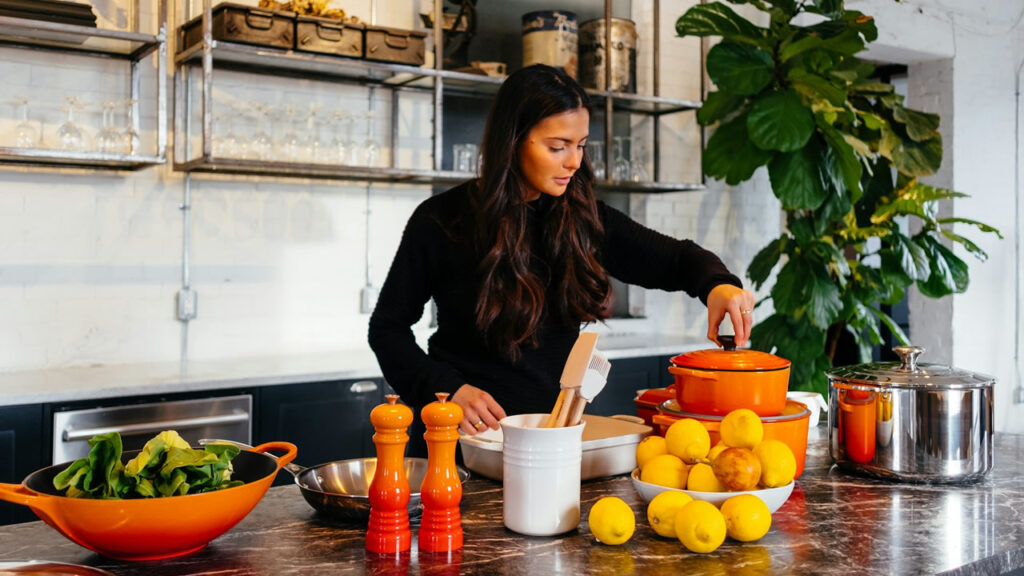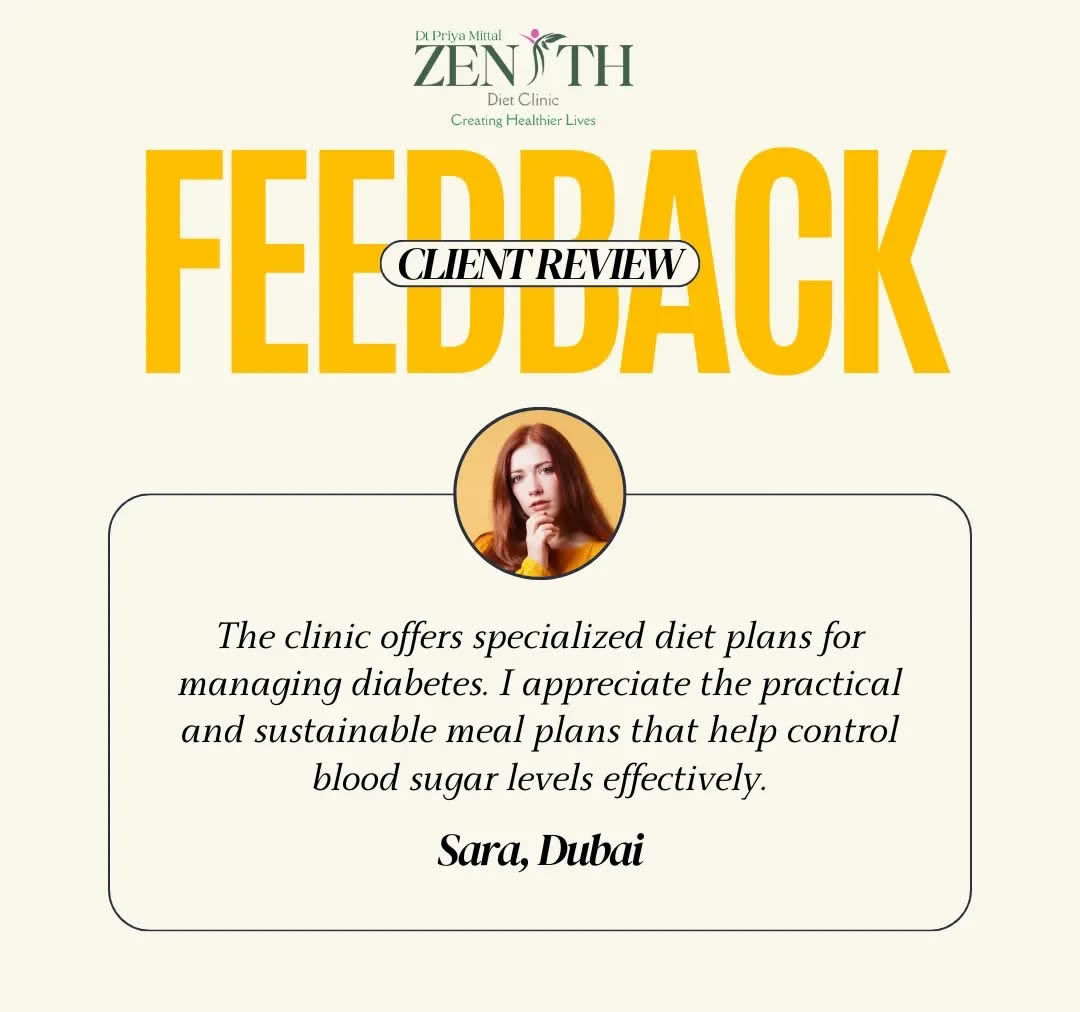Social media has become an integral part of the lives of college students, offering a platform for communication, self-expression, and information sharing. However, the rise of social media has also brought about unintended consequences, particularly in relation to students’ dietary choices. This article explores the influence of social media on college students’ eating habits, the potential negative impacts, and strategies for promoting healthier choices.
Social Media and Food Culture
Food Porn Culture: Social media platforms are flooded with visually appealing images of food, often referred to as “food porn.” These images, shared by food bloggers, influencers, and friends, influence students’ perception of what is desirable and worth consuming. The constant exposure to highly indulgent, decadent foods may contribute to students making unhealthy dietary choices.
Influence of Food Advertising: Social media is an advertising tool used by food brands to promote their products. Students are frequently exposed to sponsored posts, ads, and influencer collaborations endorsing fast food, sugary drinks, and other processed foods. Such targeted marketing can sway students’ preferences and lead to a higher intake of unhealthy foods.
Peer Pressure and Comparison: Social media platforms create a heightened sense of peer pressure and comparison. Students may feel compelled to conform to social norms or trends surrounding food. They may mimic the eating habits of influencers or friends, irrespective of whether those habits are healthy or not.
Negative Impacts and Challenges
Unhealthy Food Choices: Excessive exposure to images of unhealthy food options on social media can lead college students to develop a preference for foods high in sugar, unhealthy fats, and processed ingredients. This can contribute to poor dietary choices and an increased risk of obesity, cardiovascular disease, and other health issues.
Disordered Eating Behaviors: Social media can inadvertently promote disordered eating behaviors. Platforms that focus on dieting, restrictive eating, or idealized body standards can influence students to adopt unhealthy practices such as excessive calorie counting, extreme dieting, or skipping meals.
Distorted Body Image: Constant exposure to carefully curated images on social media can negatively impact students’ body image perception. Comparing themselves to seemingly perfect and filtered images can lead to body dissatisfaction, disordered eating patterns, and low self-esteem.
Promoting Healthier Choices
Education and Awareness: Educating students about the potential impact of social media on their dietary choices is crucial. By raising awareness about the influence of social media, students can develop a critical and discerning eye when consuming content related to food.
Encouraging Positive Influencers: Promoting positive influencers and content creators who share healthy recipes, mindful eating habits, and body positivity on social media can significantly impact students’ dietary choices. Encouraging collaborative efforts with wellness influencers or health organizations can provide balanced and trustworthy information.
Digital Detox: Encouraging students to take periodic breaks from social media can help combat the negative effects caused by constant exposure. Engaging in offline activities, connecting with friends, and participating in social events can create a healthier balance and reduce the influence of social media on dietary choices.
Conclusion
Social media exerts a significant influence on college students’ dietary choices, often steering them towards unhealthy options. While it is difficult to completely eradicate the impact of social media, promoting awareness, positive influencers, and digital detox initiatives can help mitigate its negative effects. By fostering a critical mindset and providing students with the tools to make informed choices, educational institutions can support students in making healthier dietary decisions beyond the realm of social media.







